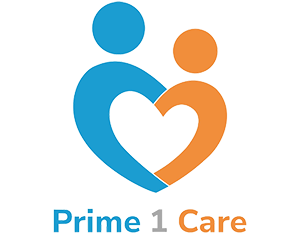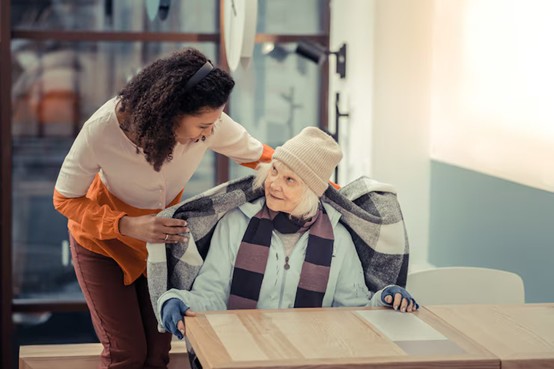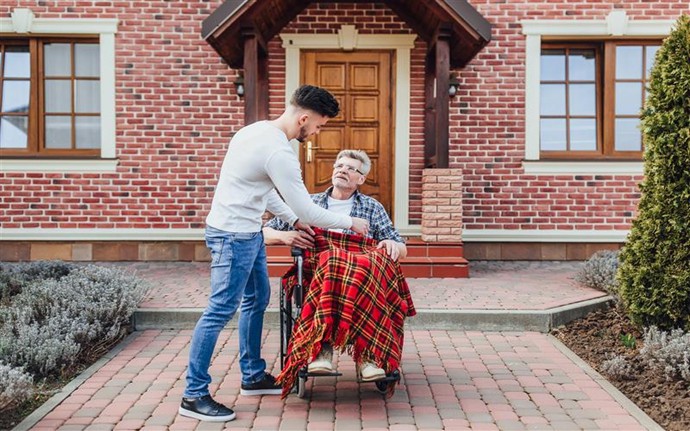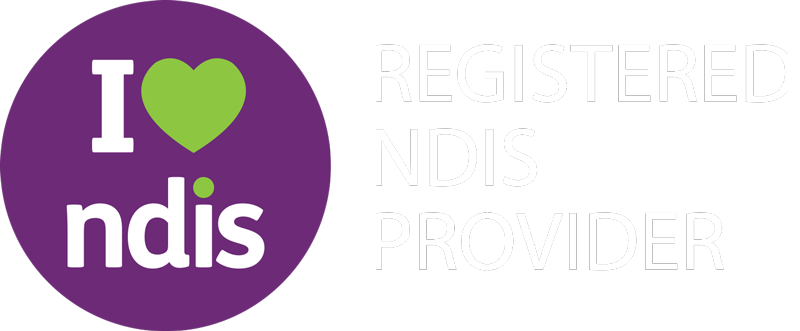Key Takeaways
- Gender-specific care respects identity and enhances comfort.
- Services are tailored for women, men, and gender-diverse participants.
- Prime 1 Care offers choice and control in every support plan.
- Safe, inclusive spaces build stronger outcomes.
- Respect, privacy, and trust are always prioritised.
Why Gender Matters in Disability Support
Disability does not occur in a vacuum. It intersects with many aspects of a person’s identity, including gender, culture, and socio-economic status. Women, men, and gender-diverse people may face different challenges in navigating the world with a disability, from stigma and discrimination to healthcare needs, safety concerns, and social inclusion. Choosing the right NDIS housing provider plays a crucial role in addressing these complex needs with sensitivity and understanding.
- Women with disabilities are more likely to experience gender-based violence and financial insecurity.
- Men with disabilities often face underdiagnosis in mental health and higher rates of social isolation.
- Gender-diverse people with disabilities, including those who are transgender or non-binary, can encounter systemic barriers in both disability and mainstream services, including misgendering, a lack of inclusive environments, and mental health disparities.
NDIS providers and planners must understand these distinctions to ensure that services are inclusive, respectful, and empowering for every participant.
Gender-Specific Supports for Women
Women with disabilities often experience compounded disadvantages, especially in areas such as sexual and reproductive healthcare, safety, and employment. Tailored supports can help address these issues effectively:
1. Health and Wellbeing Services
Women may require specific support for managing menstruation, pregnancy, menopause condition, or gynaecological health. Trained support workers and inclusive health professionals can provide sensitive and appropriate care.
2. Support for Safety and Crisis Services
NDIS participants who are women are at increased risk of domestic and family violence. Gender-specific services include:
- Safe housing support
- Trauma-informed care
- Coordination with women’s crisis services
NDIS funding can assist in modifying homes for safety or funding support workers trained in recognising and responding to signs of abuse.
3. Peer Support and Community Connection
Programs that create safe spaces for women with disabilities to connect, such as women-only support groups, skill-building workshops, or mothers’ networks, can reduce isolation and foster empowerment.
Gender-Specific Supports for Men
Men with disabilities may be less likely to seek help, particularly for mental health issues, due to cultural expectations around masculinity and vulnerability. Gender-specific supports for men aim to break down these barriers:
1. Mental Health and Emotional Support
Services focused on men’s mental health are essential. This includes:
- Male peer mentors
- Counsellors trained in male-specific mental health issues
- Support groups that encourage openness in a judgment-free environment
2. Skills and Employment Training
Programs tailored for men can focus on developing confidence, workplace skills, and independence. These services can help men feel a sense of purpose and social connection, especially after injury or the onset of a disability.
3. Physical Health and Mobility
Men may benefit from tailored physiotherapy, strength training, or recreational programs that promote mobility and physical well-being in a way that suits their lifestyle and preferences.
Gender-Diverse Inclusive Supports
Gender-diverse people, including transgender, non-binary, and gender non-conforming individuals, often face significant discrimination in both disability and mainstream services. Inclusive and affirming NDIS supports can make a profound difference in their quality of life.
1. Affirming Personal Care Support
Gender-diverse participants may require personal care services that respect their identity, such as:
- Support workers who understand and use correct pronouns
- Assistance with gender-affirming care, where appropriate
- Safe and respectful environments free from judgment
2. Mental Health and Social Support
High rates of mental health issues, including depression and anxiety, are common among gender-diverse people with disabilities. Access to inclusive mental health professionals and community networks can provide emotional support and reduce isolation.
3. Training for Support Workers and Providers
Understanding how to support gender-diverse participants respectfully is vital for creating safe and empowering experiences.
Creating a More Inclusive NDIS
For gender-specific NDIS supports to be effective, systemic improvements are needed. These include:
- Training and Education: Ensuring that support coordinators, planners, and service providers understand the impact of gender on disability and how to offer inclusive care.
- Data Collection and Research: Gathering more gender-disaggregated data to inform policies and funding priorities.
- Community Partnerships: Collaborating with specialist organisations that work with women, men, and gender-diverse communities to co-design services.
Importantly, gender-specific supports should not reinforce stereotypes but rather offer choice and flexibility. Participants must be empowered to access the services that best meet their identities, experiences, and goals.
Why Choose Prime 1 Care?
We’re not just delivering services, we’re building trust.
With a focus on tailored, respectful NDIS Services for women, men, and gender-diverse people, Prime 1 Care continues to lead with compassion, transparency, and professionalism.
Whether it’s travel and transport assistance or household tasks, we ensure every support is delivered in alignment with your needs, identity, and boundaries.
Conclusion
NDIS supports must go beyond checklists, they must reflect people’s real lives. Gender-specific support gives individuals the chance to feel seen, safe, and in control of their care. If you or someone you support is looking for inclusive, respectful, and gender-affirming NDIS services, reach out to us today. We’re here to help you build a life on your terms.
FAQs:
What are gender-specific NDIS supports?
These are NDIS services tailored to the individual needs of women, men, and gender-diverse participants, respecting their identity, privacy, and preferences.
Can I choose the gender of my support worker?
Yes, at Prime 1 Care, you can request a support worker of your preferred gender to ensure comfort and appropriate care during all interactions.
Why is gender-specific care important in NDIS?
Because it promotes safety, dignity, and emotional well-being, especially in personal care, mental health support, and trauma-informed services.
Do gender-diverse participants receive specific support options?
We offer inclusive services for gender-diverse participants, including use of correct pronouns, safe spaces, and choice in support workers.
Are Prime 1 Care staff trained in inclusive care?
Yes, all staff undergo training in gender sensitivity, cultural awareness, and trauma-informed support to provide respectful, inclusive service.
How can I include gender-specific needs in my NDIS plan?
During your planning meeting or review, clearly state your preferences. Our team can also support you during Support Coordination to advocate for your needs.






